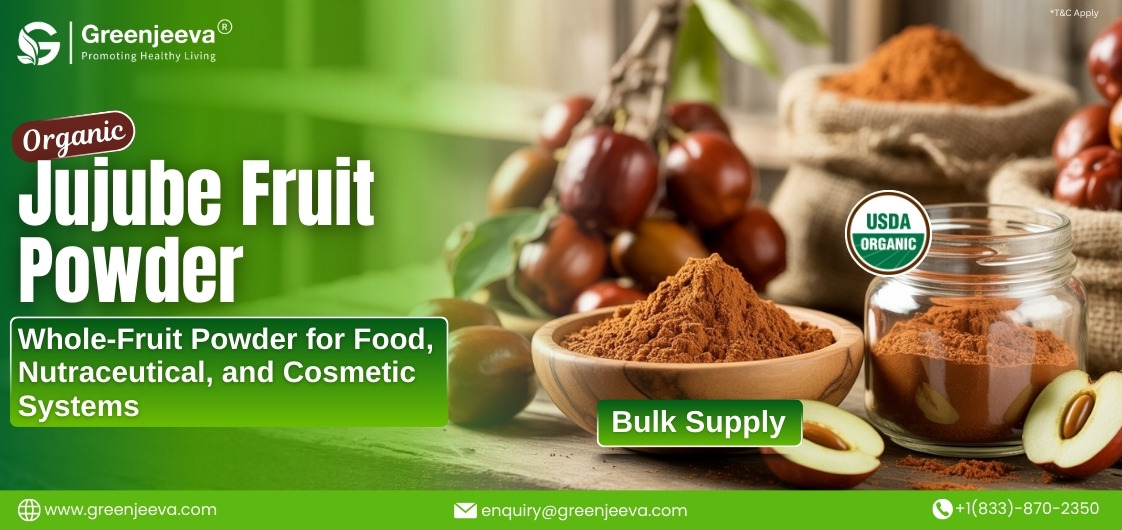Hidden Facts About Fenugreek Seeds, We Bet You Didn’t Know

A Brief Overview About Fenugreek
Also known as Greek Hay, Greek-Clover, Bird’s Foot, and Methi seeds, Fenugreek is a well-known herbaceous plant. Belonging to the family of pea, it has its origins in Western Asia and Southern Europe. It is cultivated for food and grows best in regions having well-drained, fertile soil with abundant sunlight. Some of the largest producers of fenugreek seeds in the world include India, Pakistan, and Afghanistan. These countries together contribute more than 85% of the total fenugreek produced in the world.
The fenugreek plant features tiny white flowers, green leaves, and pods sheltering tiny golden-brown seeds. The plant generally grows up to a height of around 2 to 3 feet. The seeds have a nutty and mildly sweet flavour.
Fenugreek leaves and seeds have medicinal properties and have been used in traditional medicines since time immemorial. The seeds (both in whole and powdered form) are also used as a key culinary ingredient and are a common household spice. Fenugreek also has a wide range of other industrial uses that have been discussed in the below points.
Nutrition Profile of Fenugreek Seeds
The health benefits offenugreek are numerous, thanks to its rich nutrition profile. The seeds of the fenugreek plant are packed with fiber and a plethora of essential minerals. The important minerals present in the seeds include iron, copper, phosphorous, zinc, magnesium, and manganese. The seeds are also a powerhouse of vitamin A, B6, and C.
Here is the estimated nutrition content in 100 grams of these seeds:
- Carbohydrates: 58.35 g
- Protein: 23 g
- Fiber: 24.6 g
- Vitamin C: 3 mg
- Potassium: 770 mg
- Sodium: 67 mg
- Calcium: 176 mg
- Copper: 1.110 mg
- Zinc: 2.50 mg
- Magnesium: 191 mg
- Manganese: 1.228 mg
- Iron: 33.53 mg
Surprising Facts About Fenugreek
- Fenugreek is an annual plant.
- It propagates through seeds.
- The taste and smell of fenugreek resemble to that of burnt sugar.
- The bitter taste of fenugreek reduces when it is exposed to heat.
- Roasted fenugreek is an excellent substitute to coffee.
- A myriad of fenugreek stashes has been discovered in the tombs of the Egyptian pharaohs.
- Since fenugreek was used as an animal fodder by the ancient Romans and Greeks, it is called ‘Greek Hay’ in Latin.
- As per popular medical beliefs, fenugreek benefits the gut and respiratory health.
- Dried fenugreek serves as an excellent natural insect repellent.
- In addition to food and beverages, fenugreek has a wide range of other industrial uses.
- Owing to its abundant medicinal properties, fenugreek is used in many herbal dietary supplements. Fenugreek supplements are gaining a lot of popularity amongst the masses.
- In the food and beverages industry, it is used in the production of baked goods, soft drinks, ice creams, and candies.
- In the beauty and wellness industry, it is used in the manufacture of shampoo and soap.
Also Know More: Why Bulk Organic Fenugreek Seed Powder is a Smart Investment
Where to Buy Fenugreek Seeds Powder From?
The industrial uses of fenugreek are limitless. From food and beverages to cosmetics, fenugreek has taken up its space in almost all industries. If you are looking forward to ordering organic fenugreek seeds powder in bulk quantities, visit greenjeeva.com today and place your order at the most competitive rates!
Disclaimer:
The above statements are not intended to cure any disease or comply with any health benefits. This is solely for information purposes. Please consult your doctor/health practitioner before consumption of the product. Although we take efforts to keep our website informative, we do not guarantee any medical benefits.






